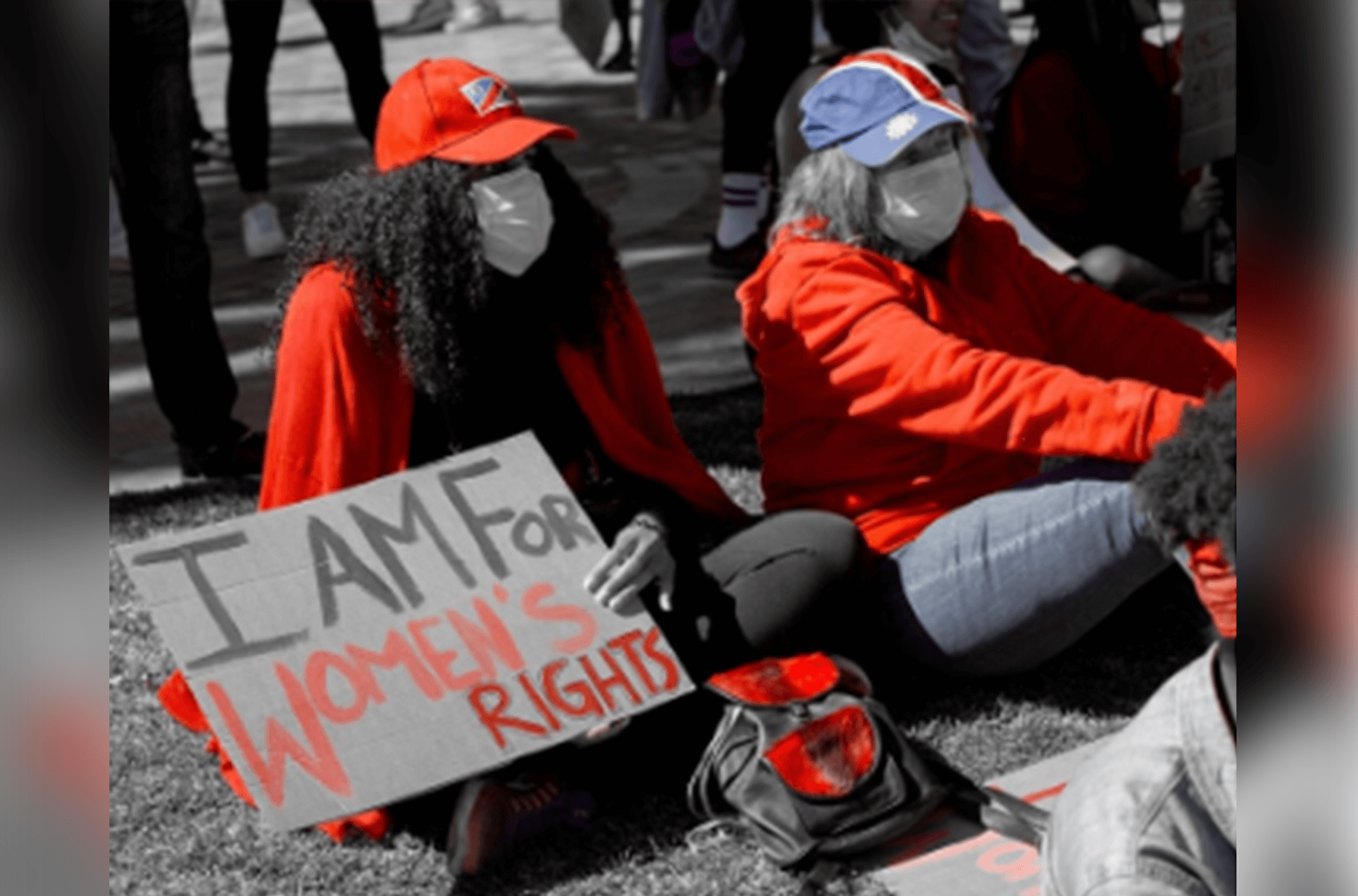
The Voices for Choice and Rights Coalition (VCRC) launched a Reproductive Justice Centre (RJC) in early February 2023, aimed at providing holistic reproductive healthcare services and prioritising the bodily integrity of women, girls and the trans community — because the government is failing to provide services and to aid the community in receiving those services. It will be based at the city centre building in Windhoek.
The coalition is planning to set up clinics in other regions, such as Erongo, Kavango west and Oshikoto, due to the high reported teenage pregnancy rates.
VCRC was established in 2020 to advance the reproductive justice movement in Namibia after a petition was launched, calling for abortion law reform. The petition also called for the protection and prioritisation of women’s health, women’s rights and gender-diverse persons’ reproductive status.
VCRC deputy director Tuli Kamati said that a lot of women fall pregnant because the country runs out of contraceptives or they are raped or molested, or because condoms burst. She highlighted that they are advocating for the choice of when to fall pregnant, and the choice to decide whether to keep the pregnancy or terminate it. The clinic will provide contraceptives, health education, HIV screening services and referrals for post-abortion care in the event of an unsafe abortion.
RJC registered nurse Victor Maliti said that currently, in Namibia, when your pregnancy is giving you problems and you are not ready to keep it, they will tell you to keep it due to religious reasons. “The aim is to make contraceptives available, accessible, acceptable and affordable to all women and men of reproductive age, and contribute to the health and well-being of women, through reducing maternal infant death rate and illnesses from unwanted and risky pregnancies,” he said.
In October 2021, the Coalition published the Abortion Reform Joint CSO Statement Submission, calling for the following:
“In 2021, Article 144 of the Namibian Constitution obligates the country to adhere to international law. Here, our Republic fails to honor the Maputo Protocol’s commitment to promote gender equality. This protocol was the first treaty to explicitly recognize safe abortions as a sacred human right. The Convention on the Elimination of all forms of Discrimination Against Women (CEDAW) obligates member states to refrain from punitive measures imposed on pregnant persons which denies a lawful reproductive health service, such as safe abortions. Thus, Namibia’s policy of State-Determined Procreation violates CEDAW, as it constitutes discriminatory practices relating to a pregnant person’s health status. We recommend that the Parliament of the Republic of Namibia decriminalize access to safe abortion procedures as a human right, by repealing the Abortion and Sterilization Act of 1975. In order to realize access to safe abortion as a Constitutional right to bodily autonomy we propose the following policy and legal reforms:
○ Decriminalize abortion: remove criminal sanctions for pregnant persons;
○ Replace the Abortion and Sterilization Act of 1975 (RSA) with a new ‘Voluntary Termination of Pregnancy and Sterilization’Act;
○ Cost of abortion services for free at any public health institution;
○ Abortion granted on the grounds of contraceptive failure;
○ Abortion granted on the grounds that a pregnancy affects the pregnant person’s socio-economic situation;
○ Abortion granted on the grounds of the pregnant person’s HIV/AIDS positive status;
○ Abortion to be performed and procured by medical doctors, mid-level health care providers such as nurses and midwives, and any health practitioner that can be trained to perform these abortions;
○ Pregnant persons from the age of 12 to access abortion upon request without parental and guardian consent;
○ The right to terminate an abortion of up to 28 weeks;
○ The inclusion of trans and queer bodies whose gender identity and sexual orientation would be met with more stigma and for their reproductive rights to be affirmed;
○ Abortion granted where the pregnancy not wanted by minor who is biologically, socially or psychologically unprepared;
○ Abortion granted to preserve a pregnant person’s life;
○ Abortion granted to preserve a pregnant person’s physical health;
○ Abortion granted to preserve a pregnant person’s mental health;
○ Abortion granted in the case of incest;
○ Abortion granted in the case of rape;
○ Abortion granted in the case of other sexual violence;
○ Abortion granted in the case of foetal impairment, and;
○ Abortion granted on a case-by-case basis as determined by a committee of the applicable health unit “to ensure that the pregnant woman’s access and sexual reproductive rights are guaranteed”.
SOURCE: New Era Alive, by Van Wyk Amutenya, 10 February 2023 ; Abortion Reform Joint CSO Statement + PHOTO, VCRC website



